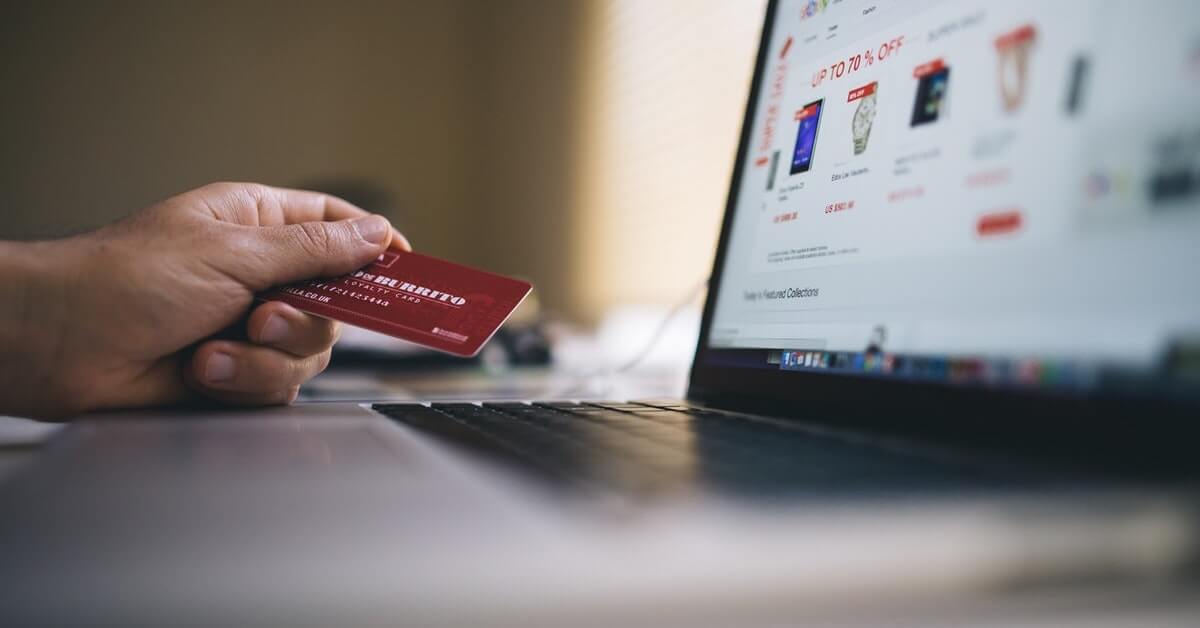Ch. 5 | 1871 Neighborhood Resources
Experiences Over Materials
Trends
One day the world will move past the coronavirus pandemic, and local patrons will want to venture out of their homes and engage with their families, friends and neighbors, in their communities. When they return, customers will appreciate a thoughtful experience. According to a study conducted by Expedia and the Center for Generational Kinetics, 74% of Americans already prioritize experiences over products or things.
This trend was prevalent well before COVID-19, but is even more relevant now.
We can help you survive and thrive
We’ll connect you with the right mentor, at no cost.
Making it worthwhile for customers to patronize your business now requires creating an experience that they won’t find anywhere else. Providing a unique experience, whether it be an intimate after-hours virtual concert streamed live from your retail store; or contactless pick up stations for online orders, you are signaling that you not only get what customers are wanting more of now (security, safety, great service), but you’re also giving them a reason to remember your brand, and give them remarkable experiences they can share with their friends.
Experiences don’t have to be limited to in-store only.
Oak Park’s Lively Athletics, a fitness-focused specialty shop for women co-owned by sisters Anne Pezalla and Kate Pezalla Marlin, found a creative way to use social media to host a virtual anniversary sale event at their store. The sisters had moved to e-commerce when the pandemic forced non-essential businesses like theirs to close. In the ensuing months their revenues were buoyed by the trend in “athleisurewear” as the new office attire for employees working from home; as well as those customers who were making exercise at home part of their daily routines. Having recently launched a kid’s section, the sisters found yet another way to connect with their customers by offering quality activewear for children. Opening back up in June with shortened hours, they instituted strict guidelines for in-store shopping — by appointment, with no more than two people at a time. But to celebrate their six-year anniversary in July, the sisters knew they needed to give their customers much more access while ensuring their safety. So they turned to Facebook, where they had cultivated more than 3,000 followers over the years. The sisters hosted a three-day Facebook Live virtual shopping event, with store tours, fun exercise sessions and time-limited discounts on choice merchandise that those watching online could order directly from the store’s Facebook page. It proved to be a huge hit.
Brands like HelloFresh and The Cocktail Camp are predicated on delivering in-home experiences that put their customers directly in the driver’s seat. These inventive companies have figured out how to supply the raw materials, guidance and encouragement needed to build memories and allow their customers to make amazing meals and spirits, all in the comfort of their own homes. Some restaurants are offering virtual experiences like cooking classes via their social media channels, to keep their customers engaged and gain new audiences.
Online Ordering Resources
Here are a few resources that can help you with online marketing support that’s right for your business.
Ambiance and service, after all, are equally as important as the dishes. Post-pandemic, customers will want more than health disclaimers, socially distanced seating and limited menus they can pull up with their phones. They will still want a great experience.
For those focused solely on cuisine, restaurants have been experimenting with other ways to maximize their current predicament, via Ghost Kitchens. Ghost kitchens (also known as dark kitchens or virtual restaurants) trim the costs of real estate, labor and menu innovation by condensing the restaurant model to accommodate off-premise food sales without a traditional dine-in space.
Instead of seating guests indoors, deliveries made by restaurants or by third-party service providers like Uber Eats are becoming a mainstay. Uber Eats has already facilitated more than 4,000 virtual restaurants in North America alone. Using data from in-app searches, Uber Eats identifies opportunities for certain cuisines in various neighborhoods, then approaches existing brick-and-mortar restaurants to partner with.
COVID-19 has shown community-based businesses that when it comes to digital marketing, the sum is often bigger than its parts and that no one need go it alone. Chicago marketing veteran Toure Muhammad, for instance, recently launched a new online food delivery and pickup service for Chicago’s black-owned restaurants during “Black Chicago Eats Month.” As the creator of blackchicagoeats.com, a directory of Chicagoland black-owned restaurants and founder of the annual Taste of Black Chicago, Muhammad is tying his new food ordering app to in-person and online special events throughout the month of August promoting special offers, discounts and activities from black-owned restaurants in the Chatham and Hyde Park neighborhoods. Ultimately, Muhammad intends to build his online service to be available year round and citywide.
That we can reimagine our kitchens and physical spaces to complement virtual demand is like comfort food for restaurateurs.

